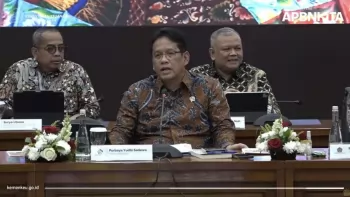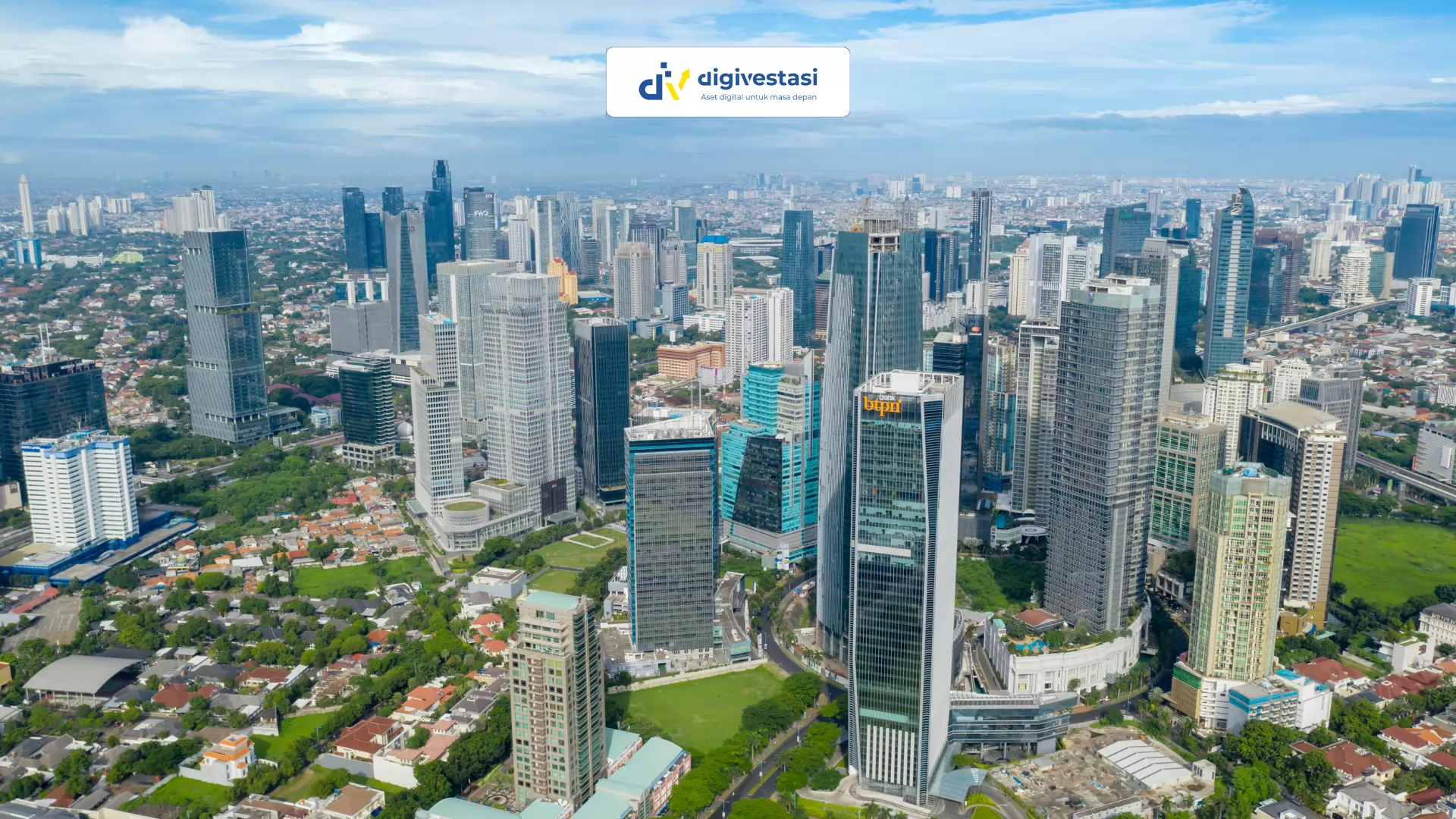
News Update
Purbaya Gives Ministries 16-Day Deadline to Finalize Budget
/index.php
Bisnis | Ekonomi - Posted on 15 October 2025 Reading time 5 minutes

Several international institutions have simultaneously revised their economic growth forecasts for Indonesia. However, the difference lies in the fact that both the IMF and the World Bank have raised their outlooks, while the Asian Development Bank (ADB) has lowered its projection.
In its October 2025 World Economic Outlook (WEO) report, the International Monetary Fund (IMF) upgraded Indonesia’s 2025 growth forecast to 4.9%, up from 4.8% previously. The IMF also raised its 2026 projection to 4.9%.
This marks the second upward revision following the adjustment in July 2025’s WEO. In the earlier April 2025 report, the IMF had projected Indonesia’s economy to expand by only 4.7%.
At the same time, the IMF also maintained its growth forecasts for emerging markets and developing economies, projecting 4.2% growth in 2025 and 4% in 2026 — unchanged from its July 2025 outlook.
Although the IMF did not provide specific details behind Indonesia’s upward revision, it cited tariff developments as a key factor influencing growth in the ASEAN region.
“For several countries in this region — particularly in ASEAN, which are among the most affected — growth forecasts largely reflect changes in effective tariff levels,” the IMF stated in its October 2025 WEO, quoted on Tuesday (October 14, 2025).
Meanwhile, the World Bank has also revised Indonesia’s growth forecast upward, from 4.7% to 4.8%, citing fiscal expansion by the government as a major contributing factor.
According to the latest World Bank East Asia and Pacific Economic Update (October 2025), released on Tuesday (October 7, 2025), Indonesia’s economy is expected to grow 4.8% through 2026, slightly below the 5% growth recorded in 2024.
“In Indonesia, growth in 2026 is projected to remain at 4.8%, the same as in 2025, as the government continues to stimulate domestic demand,” the report noted.
The World Bank highlighted that ongoing fiscal stimulus in sectors such as food, transportation, energy, and social assistance programs will continue to support domestic consumption, which is expected to contribute about 54% to overall economic growth between 2025 and 2027.
Investment growth is also projected to rise gradually, averaging 6.2% over the same period. This improvement is driven by three key strategies: state-led investments via Danantara, monetary easing to boost private sector lending, and foreign direct investment (FDI) spurred by downstream industrialization, deregulation, and special economic zone reforms focusing on energy, natural resources, manufacturing, and services.
“Stronger domestic demand is expected to offset weaker net exports, weighed down by currency depreciation, slowing Chinese growth, declining commodity prices, and persistent global trade uncertainty,” the World Bank stated.
In contrast, the Asian Development Bank (ADB) lowered its forecast for Indonesia’s economic growth in its September 2025 Asian Development Outlook (ADO).
The ADB now expects Indonesia’s economy to grow 4.9% in 2025, down from 5% in the April 2025 ADO, and trimmed its 2026 forecast from 5.1% to 5%.
This downgrade aligns with reduced growth expectations for Southeast Asia (ASEAN), now projected at 4.3% for both 2025 and 2026, compared to the previous 4.7%.
The outlook for the broader developing Asia-Pacific region was also lowered, from 4.9% to 4.8% for 2025 and from 4.7% to 4.5% for 2026.
ADB Chief Economist Albert Park explained that the widespread downward revisions for 2025–2026 across Asia were due to higher U.S. tariffs and rising global trade uncertainty, both of which are expected to weigh on regional growth.
Inflation, according to the ADB, is projected to ease to 1.7% this year amid falling food and energy prices, before climbing back to 2.1% next year as food prices normalize.
“U.S. tariffs remain historically high, and global trade uncertainty continues to be extremely elevated,” said Albert Park in a press release on Wednesday (October 1, 2025).
Source: cnbcindonesia.com
What do you think about this topic? Tell us what you think. Don't forget to follow Digivestasi's Instagram, TikTok, Youtube accounts to keep you updated with the latest information about economics, finance, digital technology and digital asset investment.
DISCLAIMER
All information contained on our website is summarized from reliable sources and published in good faith and for the purpose of providing general information only. Any action taken by readers on information from this site is their own responsibility.